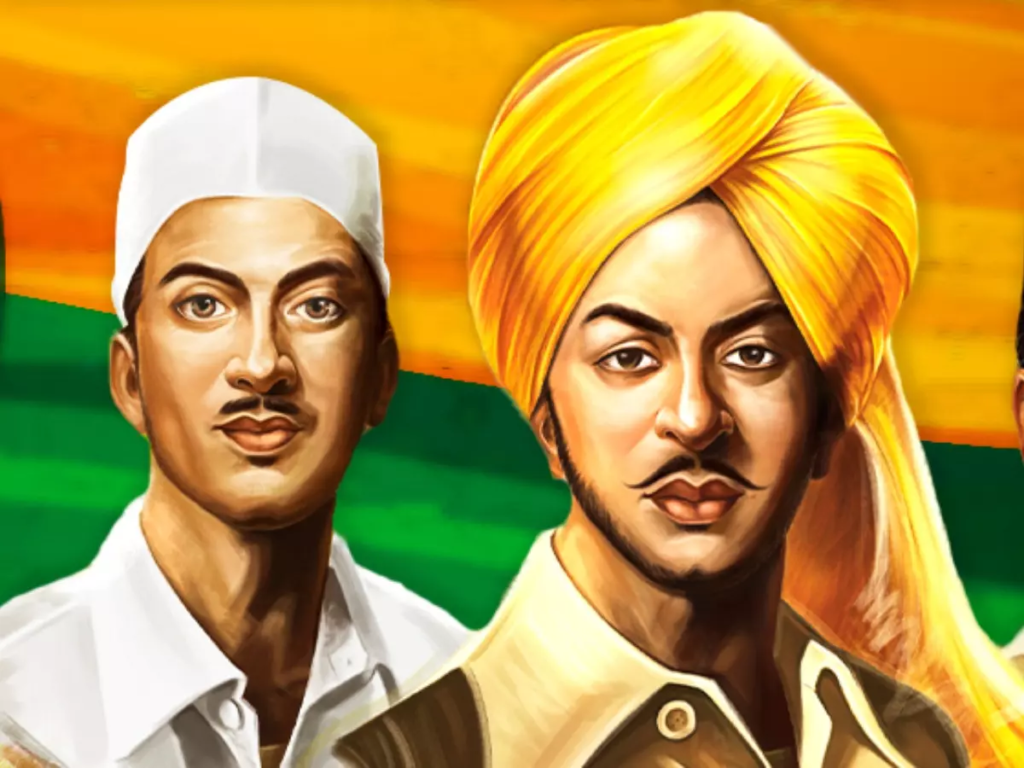
Table of Contents
- Introduction
- Understanding Holiday Name Capitalization
- Is ‘Martyr’s Day’ a Proper Noun?
- Grammar Rules for Capitalizing Holidays
- Variations in Different Countries
- Common Mistakes to Avoid
- Conclusion
Introduction
When writing about national and international observances, many people wonder about capitalization rules. One such question is: Should ‘Martyr’s Day’ be capitalized? Since different style guides offer varied approaches, it’s essential to understand the general rules of holiday name capitalization. In this guide, we’ll explore whether ‘Martyr’s Day’ should be capitalized, the grammatical principles behind it, and common mistakes to avoid.
Understanding Holiday Name Capitalization
In English, holiday names are typically treated as proper nouns, meaning that they are always capitalized. This rule applies to well-known holidays like Christmas, Thanksgiving, and Independence Day. The reasoning behind this is that holiday names refer to specific and significant occasions, much like personal names or place names.
Is ‘Martyr’s Day’ a Proper Noun?
Yes, ‘Martyr’s Day’ should generally be capitalized. The term refers to an official day of remembrance dedicated to honoring those who sacrificed their lives for a cause. Since it denotes a specific event observed in different countries, it qualifies as a proper noun.
However, the capitalization might depend on whether you are referring to a specific national Martyr’s Day or speaking about the concept in general. For instance:
- Capitalized: “India observes Martyr’s Day on January 30 to honor Mahatma Gandhi.”
- Not Capitalized: “Many countries have a martyr’s day dedicated to their heroes.”
Grammar Rules for Capitalizing Holidays
To ensure proper capitalization, follow these basic grammar rules:
- Capitalize all major words in holiday names – This includes adjectives, nouns, and verbs but excludes small conjunctions and prepositions unless they start the name.
- Do not capitalize general references – If speaking in a generic sense, keep it lowercase.
- Follow official naming conventions – When referring to a specific national or recognized holiday, always capitalize it.
Variations in Different Countries
The term ‘Martyr’s Day’ is observed in multiple nations, each commemorating different historical figures and events. Here are some examples:
- India: Martyr’s Day (Shaheed Diwas) is observed on January 30 to honor Mahatma Gandhi.
- Lebanon: Martyr’s Day is commemorated on May 6 for those executed during Ottoman rule.
- Nepal: Nepal observes Martyr’s Day to remember those who fought for democracy.
Even though the date and significance differ, the term is capitalized because it refers to an official observance.
Common Mistakes to Avoid
- Incorrect: We will observe martyr’s day next week.
- Correct: We will observe Martyr’s Day next week.
- Incorrect: I read about several martyr’s days around the world.
- Correct: I read about several Martyr’s Days around the world. (When referring to multiple official holidays by name.)
Conclusion
When in doubt, remember that official holiday names should always be capitalized. ‘Martyr’s Day’ follows the same rule as other named observances and should be written with capital letters. However, if you’re speaking about martyrdom-related commemorations in a general sense, lowercase usage may be acceptable. Understanding these nuances helps ensure grammatically correct and professional writing.

